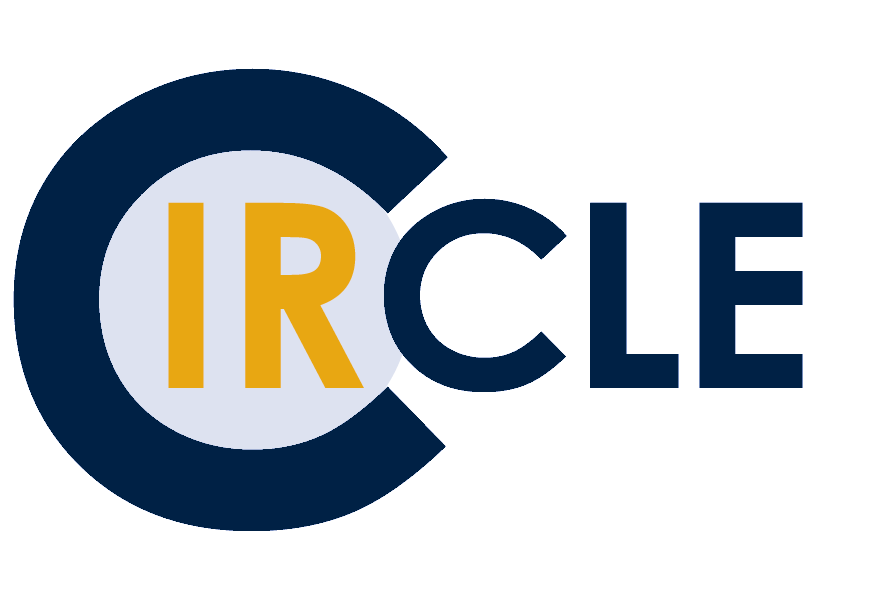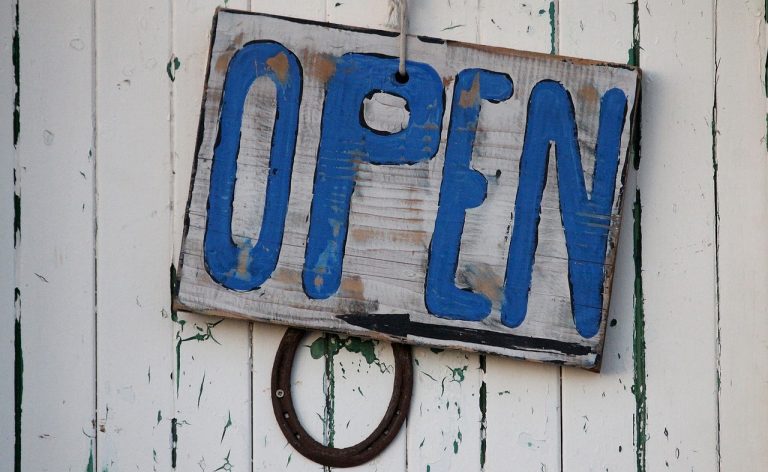Photo courtesy: Pixabay
Following another exciting year of the open access movement – “International Open Access Week 2018: Designing Equitable Foundations for Open Knowledge” headlining as this year’s theme, it is nice to share some highlights which took place here and abroad:
– Creating and Managing Your Academic Profile
In this workshop, participants developed scholarly/publication profiles via traditional and social tools and identified ways to broadly participate in their respective fields (e.g. webinars, blogs, open education resources)
– Put a License On It!
This hands-on workshop enabled participants to bring their own presentations, papers, reports, and images for which they wanted to attach a Creative Commons license so that others would know if they could their works for re-use, re-mix, etc.
– Emerging Media Lab – demo session
Attendees saw a live demo of the new technologies and tools available in UBC’s Emerging Media Lab
– Tri-Agency Open Access Policy: Requirements and Routes to Compliance
This workshop provided research authors, grant holders, and other scholars on how to make their work comply with Open Access policies from Canada’s Tri-Agencies (NSERC, SSHRC and CIHR) including publication and self-archiving tips and strategies
– Open But Not Free: Invisible Labour in Open Scholarship
A panel event with Q&A about the invisible labour in open scholarship as it relates to the rise of open scholarship has resulted in new challenges for practitioners and stakeholders working within a system in transition
– Pixelating – Digital Humanities Mixer: “So I’ve done some stuff in Text-Encoding Initiative (TEI)…now what?”
Participants explored the world of Text Encoding Initiative (TEI) which is an open-source, community-based, multilingual standard for digital textual scholarship
– UBC Learning Analytics Student API Hackathon
A hackathon which enabled participants to explore explore ways that Canvas API can be used to benefit students
– Can I Use This? Finding and Working with Open Educational Resources (OER)
Attendees learned answers to common questions about openly licensed materials used for teaching and learning.
And from around the world…
Check out these highlights which happened during Open Access Week 2018:
CIHR
Tri-Agency Open Access Policy on Publications and the two ways for funded researchers to comply
ow.ly/zZip30mn8S4
Creative Commons
New educational resources on open licensing for preprints with @ASAPbio and @PLOS became available
http://asapbio.org/new-licensing-resources
SEE also https://pbs.twimg.com/media/DqLqez3U4AAaum6.jpg
Harvard University
A record-setting year for @HarvardDASH, Harvard’s open-access repository
IFLA
Day 1 – Effect of Open Access on Copyright Challenges and Library Budgets in Africa bit.ly/2JakhiB
Day 2 – Open Access and Intergovernmental Organisations: Quadruple Dividend bit.ly/2NSNi37
Day 3 – How open access can help achieve the Sustainable Development Goals (SDGs) bit.ly/2O0sKpl
Day 4 – The Economist and the Librarian: What the Nobel Prize Tells Us about Open Access and Libraries bit.ly/2qafRQ1
Day 5 – Reaching Further: Open Access and Public Libraries bit.ly/2Atz0Cx
Bonus: David Ramírez-Ordóñez’s post on #OpenAccess as a first step for #OpenScience bit.ly/2OPgpK6
OpenCon
Live from New York, it’s… #OpenCon United Nations Headquarters! Catch the online discussion, presentations and slides at #OpenConUN
Unpaywall
Free screening of “Paywall: The Business of Scholarship” happened at UBC and around the world during Open Access Week 2018 http://unpaywall.org/

